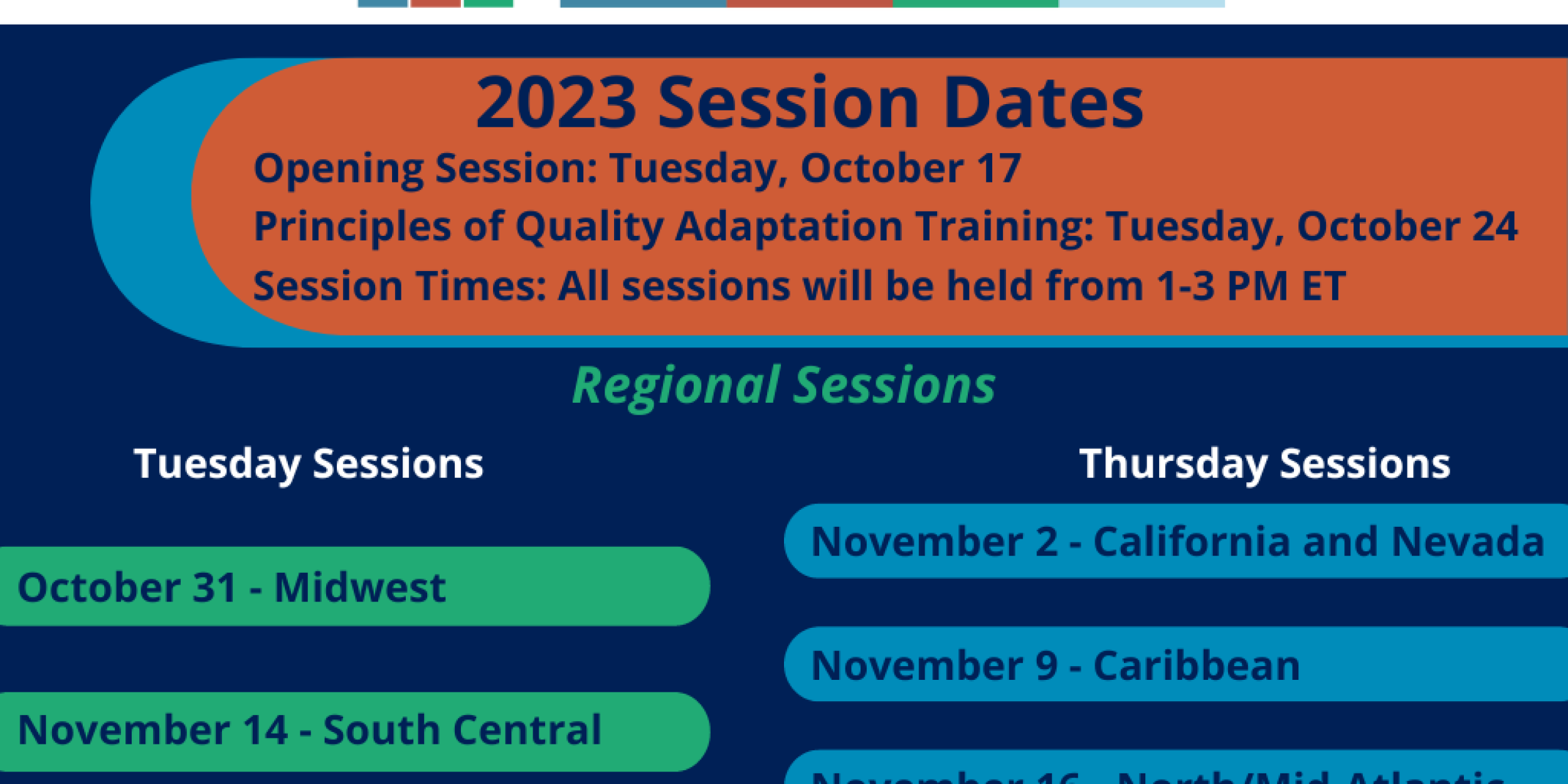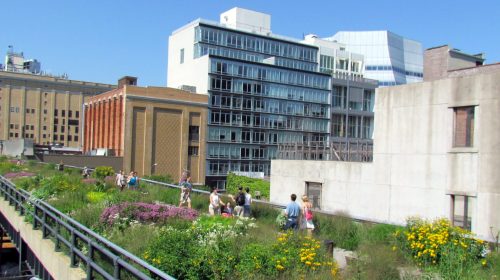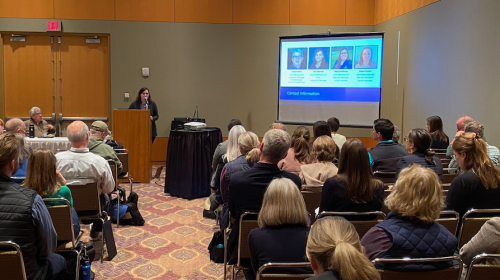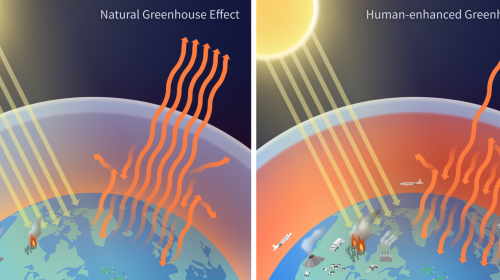Hosted by American Society of Adaptation Professionals (ASAP) and sponsored by the NOAA Climate Adaptation Partnerships program, this virtual academy will give private sector partners the tools they need to develop higher-quality climate services and help their businesses succeed in the rapidly evolving climate services marketplace. Participants will come away with:
- New skills for accessing the very best climate data and information tailored to states and regions across the US including: Great Lakes, South Central, Caribbean, North/Mid-Atlantic, California, and Nevada.
- Sophisticated knowledge and relevant examples of the strategies and approaches that constitute high-quality climate change adaptation and resilience practice across North America.
- Connections to complementary businesses and potential partners and collaborators.
ASAP has previously partnered with CAP/RISA teams to offer this academy in 2021 and 2019. This iteration will support an opening session, a principles of quality adaptation training, five regional sessions, a closing session and 1:1 consultation sessions. The opening session on October 17 features remarks from ASAP Executive Director Debra Butler, Assistant Director for Climate Services at the White House Julian Reyes, CAP/RISA Program Manager Sean Bath, and introductions from CAP/RISA teams and other regional partners.
The academy meets CPO goals in capacity-building, climate literacy, and training by recognizing that private sector climate service providers are an existing reality of national climate services. These providers are often contracted by local governments to interpret climate data and science and create adaptation and resilience plans for the public. The academy provides a basis for information sharing about techniques and approaches in these body of work and connects these providers with CAP/RISAs and other publicly-funded climate service providers working at regional scales. By connecting these practitioners, we are weaving relevant networks together which will be the foundation of more organically coordinated, whole-of-community climate services.
For more information, contact Sean Bath.










